Medicaid – Fix It, Don’t Expand It
Editor's note: The fight over Medicaid expansion is the biggest legislative battle of the 63rd session. It has been the subject of the last two shows. This past Wednesday, after the House Human Services tabled the Governor's Medicaid Expansion bill by a vote of 10-6 and a similar bill was defeated in the Senate Public Health Committee, House Minority Leader, Chuck Hunter attempted a blast motion this evening. The blast motion failed by 11 votes 49-50. However, inside sources reveal that Rep Hunter may try to blast this motion at practically every House session up until transmittal of revenue bills on April 5th. Curiously, 10 House Republicans voted for the blast including Christy Clark, House Majority Whip and Vice Chair of the Montana GOP, and Jeff Welborn, also a Majority Whip. Expanding Medicaid is seen as a key component of ObamaCare. If you’d like to contact your House Republicans and tell them to vote no on the blast motions to expand Medicaid click here. It’ll take two minutes of your time.
Medicaid expansion is bad public policy. It was the essence of my testimony delivered on Monday, March 25 before the House Human Services Committee. Outnumbered but not undaunted, I along with five activists testified. Several letters from physicians, who couldn't attend because they were in private practice and had to work, were read into the record.
Expanding Medicaid will further devalue the quality of medical care, limit access for all Montanans and drive private practitioners either to hospital employment or early retirement—a large step towards a government-run system.
Research indicates that Medicaid results in poorer healthcare. Expanding it will compound the problem. Evidence suggests that private insurance works better than Medicaid. Linda Gorman, the Health Care Policy Center Director at the Independence Institute reported that, “after adjusting for patient characteristics, people with commercial coverage are more likely to survive surgery, and have better outcomes for cardiac procedures, better access to care, shorter hospital stays, lower total charges, and generally faster recoveries.”
Providing Medicaid to young childless adults will incentivize them to poverty. The impact of this cultural shift from self-reliance to government dependency will be felt for generations. Many of these are college students and already have inexpensive insurance. Why shift them to taxpayer subsidized Medicaid?
Medicaid is costly. Despite promises for 100% federal funding for the first few years, the federal government, with $17 trillion in debt excluding unfunded liabilities, is an unreliable partner. Regardless, Montana has to pay up to $138 million in administration costs through 2022.
There are many things we “know” about Medicaid that cause concern. Once expanded, there is little likelihood of turning back or to improve it.
There are many things “we know we don’t know” about Medicaid expansion—can the system accept up to 70,000 new patients; will it drive doctors out of private practice, will it reduce healthcare access and quality; will it create a larger dependent class of young participants; can we depend on the federal government for full ongoing funding? Do we really want Montana to be the guinea pig for Medicaid expansion? Fix Medicaid, don’t expand it.
Henry Kriegel, a lifelong activist and marketing professional, can be heard every Thursday morning for 9:00-10:00 am on www.kmmsam.com, KMMS-AM1450 in Bozeman and KPRK-AM1340 in Livingston.
More From KMMS-KPRK 1450 AM



![Butte SEAL Hammers Dems in New Ad [VIDEO]](http://townsquare.media/site/125/files/2020/09/Rob-ONeill-Ad-PIC.jpg?w=980&q=75)



![[POLL] Do You Approve The Gov. Handling of COVID 19 in Montana?](http://townsquare.media/site/125/files/2019/05/GettyImages-1144264049-e1558377199764.jpg?w=980&q=75)

